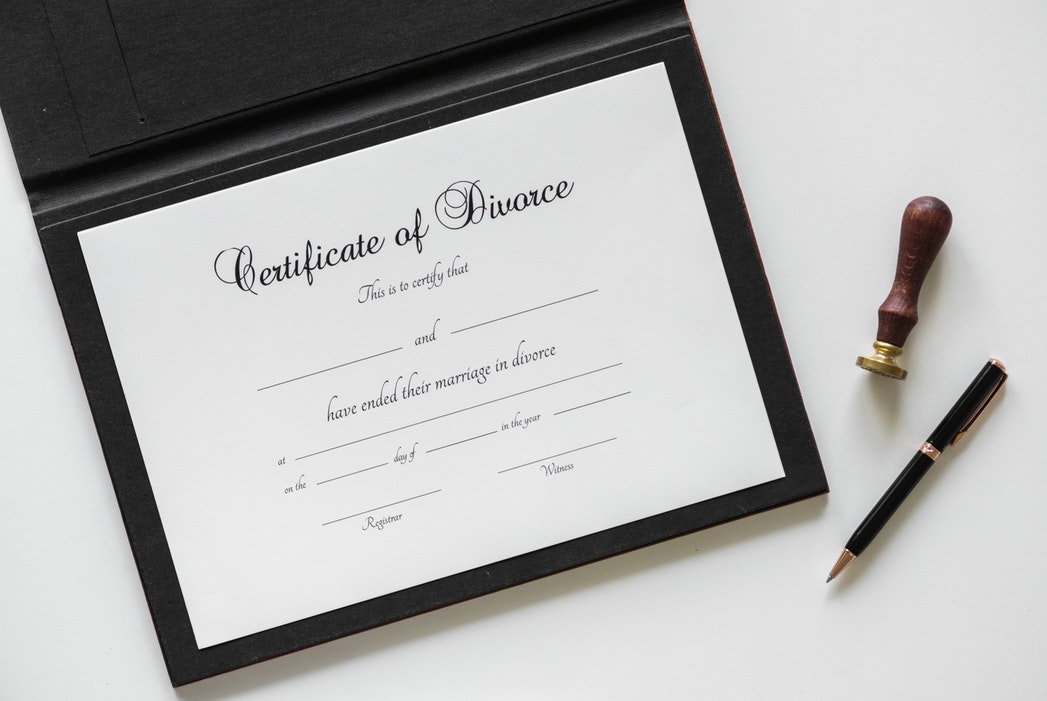Divorce is not an easy process to go through but children fare better if parents can limit conflict associated with the divorce or at least minimize the child’s exposure to it. Children who live in the custody of at least one well-functioning parent do better than those who are living in high stress high turmoil environments with both parents. The ideal situation for a child is to have two healthy parents working together in a shared custody agreement.
As a divorced parent of an 8 year old I have seen firsthand that it is possible to raise a child who is happy and well adapted in spite of a divorce. Regardless of how her father and I felt about each other we made a decision to work together and put her needs at the forefront of our decisions. It has not been easy to keep peace and take the high road because there is a reason we are divorced but I’m glad we have treated each other with respect for her sake.
I’ve had to bite my tongue and smile at times but I decided to be motivated by her and not my own pain, anger, disappointment, etc. You get the picture. At first I was concerned about her going back and forth between two homes but she needs both of us and we both meet a different need in her life. The back and forth has not been as much of a disturbance as I had feared. What is important to her is that she has time with both her parents and the divorce although difficult has actually given both of us the opportunity to have an even more intimate relationship with her.
There is conflicting research as to how divorce truly affects a child’s emotional health and if a child from a divorced home is more likely to be unhappy or experience divorce in their own adult life versus a child raised in a two parent home. Whether this is true or not there are times when divorce is the best thing for everyone involved including the children.
3 Examples of When Divorce Can Be Good For Children:
1) When there is abuse.
Children who are abused or witness abuse often suffer from anxiety and depression. The fear imposed upon a child who is exposed to violence can take years to repair. Children from high-discord families typically experience divorce as a welcomed relief from their parents’ fighting.
2) When there is an addiction.
The emotional complications of addiction often reduce the ability to be an effective parent. Families afflicted by addiction often have greater stress related health issues due to fighting and arguing. Studies show that children with parents who suffer from an addiction have increased chances of experiencing problems at school, criminal behavior, early drug use, abuse, and consequent addiction themselves.
3) One or both parents have completely given up.
I often see couples who are unwilling to do the work required to be happy and healthy but are “staying together for the children.” Children pick up on the tension that comes from being in an unhappy relationship and they feed off their parents emotions. Children learn how to love, resolve conflict and cope with life’s challenges through the example of their parents. The dissatisfaction caused by being in an unhappy relationship can cause the quality of parenting to suffer leaving a child feeling isolated and alone with no clue how to have healthy relationships of their own.
The example we give our children through our interactions will help foster good relationships in their lives. Parents can also support their children during this difficult time by talking to them clearly about the divorce and its implications and answering their questions fully never speaking negatively of the other parent.
More general facets of good parenting can also buffer against divorce-related difficulties in children. Children need warmth and emotional support, monitor your child’s activities and don’t ignore warning signs. Good parenting also delivers discipline that is neither overly permissive nor overly strict.
If you or your child are having difficulties in this phase of life then seek help. Schedule an appointment with one of our experts here at Life Counseling solutions by calling 407-622-1770 today or click here for an online appointment.
Author: Veronica Concepcion

Leave A Comment